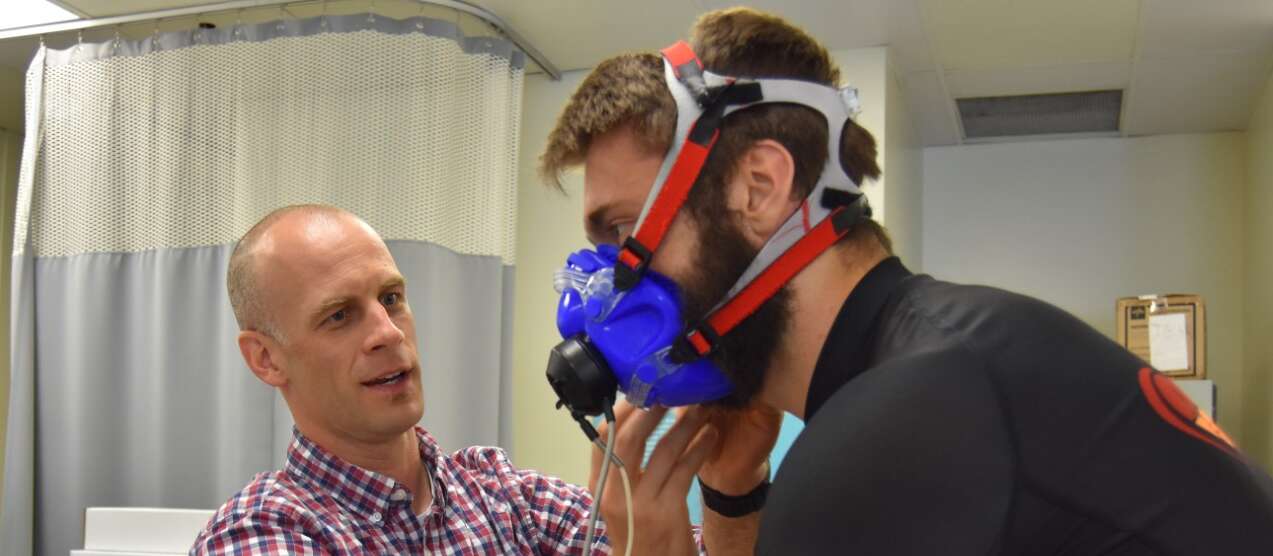
Five University of Guelph researchers exploring a range of subjects from human health to the resilience and sustainability of communities have received 2019 Research Excellence Awards worth $5,000 each from the University.
The award program highlights the achievements of recently tenured faculty members and helps to raise their profile among external funding agencies. The awards are sponsored by the Office of Research and the Office of the Provost.
“This year’s award recipients are all talented researchers committed to understanding subjects that are of vital importance to our world,” said Malcolm Campbell, vice-president (research).
“The University has an abundance of highly skilled early-career researchers, and they place the institution on a trajectory for future success.”

The diversity of research being carried out by this year’s recipients reflects U of G’s well-rounded research environment and the relevance of their work to contemporary issues, said Charlotte Yates, provost and vice-president (academic).
“Each of these researchers is exploring a subject with great relevance and practical application,” she said. “Whether it is the understanding of chronic disease, reducing greenhouse gases in agriculture, or climate change impacts on health, this research aims at improving life on the planet.”

This year’s recipients are:
Prof. Jamie Burr, Department of Human Health and Nutritional Sciences, studies the relationship between physiology and body function in athletes and those at risk of chronic disease. He is investigating blood flow during resistance training and how it affects muscular strength and size.

Prof. Kirby Calvert, Department of Geography, Environment and Geomatics, uses renewable energy mapping – site suitability and spatial analysis tools – to identify opportunities for renewable energy generation in communities. His innovations will improve land use and energy planning to increase renewable energy development.

Prof. Angela Cánovas, Department of Animal Biosciences, aims to improve the beef industry through efficient livestock feeding that reduces methane emissions. By identifying pertinent genes, she will help producers breed their herds for more efficient, less emissive cattle.
Prof. Andrew Gadsden, School of Engineering, aims to improve NASA’s Earth-observing satellites to allow researchers to study changes in environmental processes such as ocean circulation and vegetation cover.
Prof. Amy Greer, Department of Population Medicine, uses mathematical models to study the spread of campylobacter and other food pathogens by the common housefly, an insect that will thrive as the climate changes.
